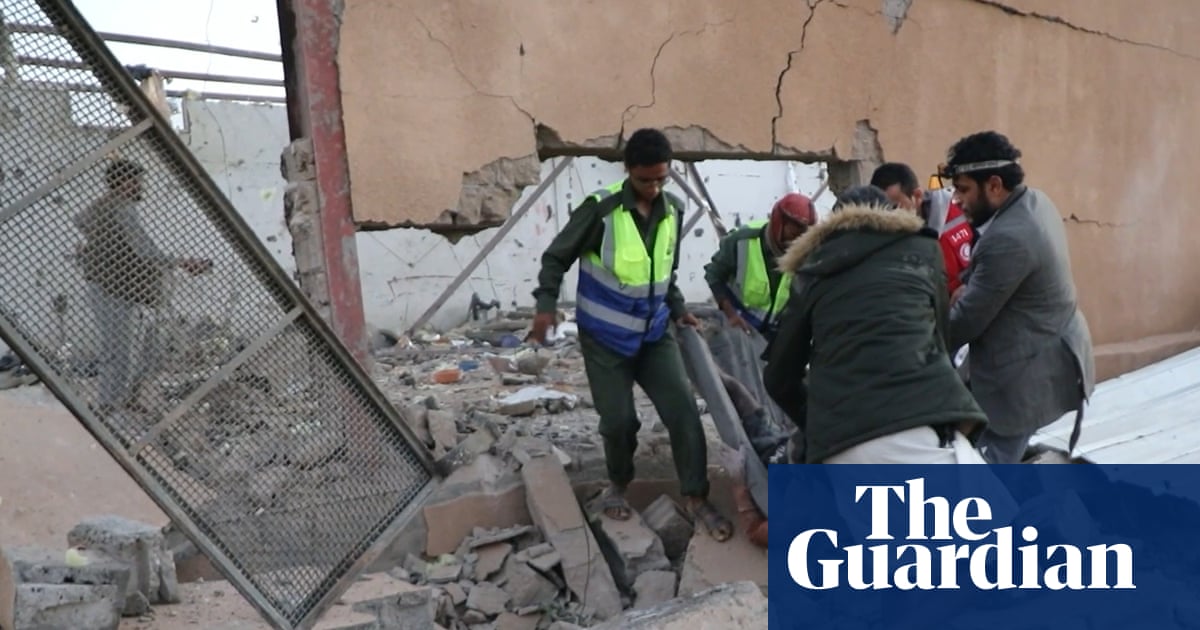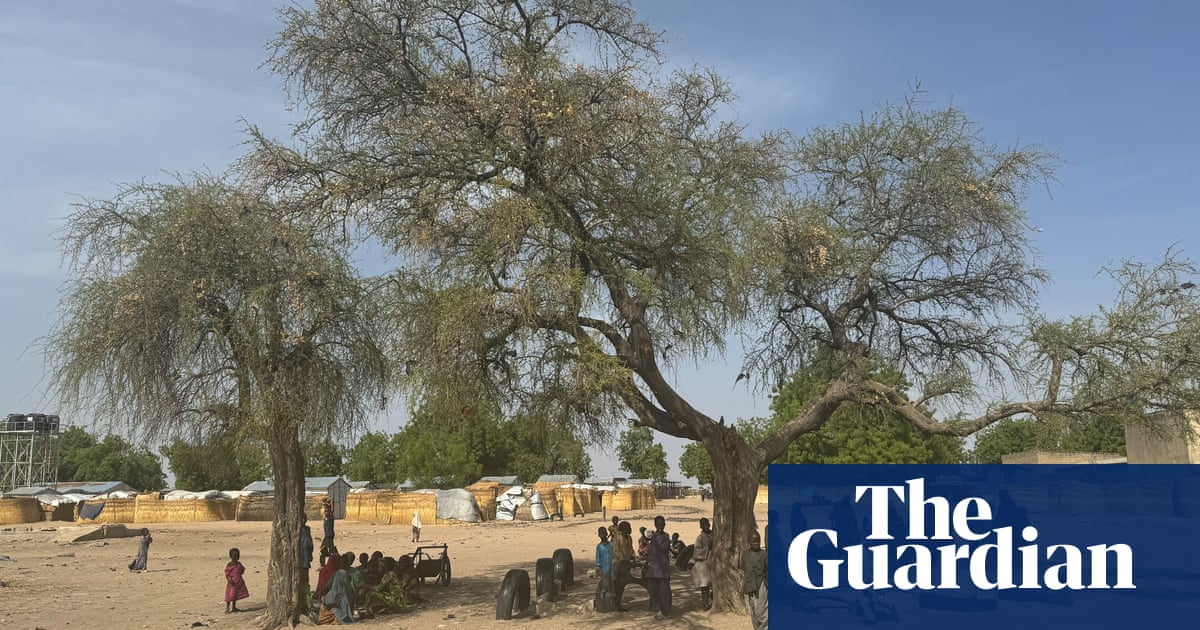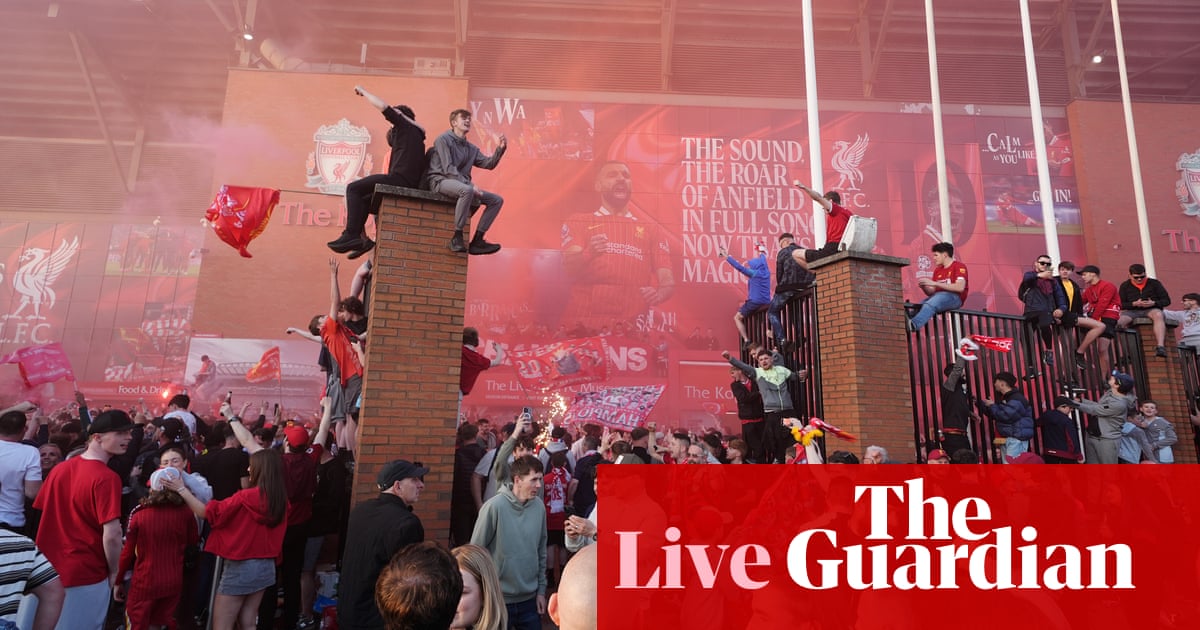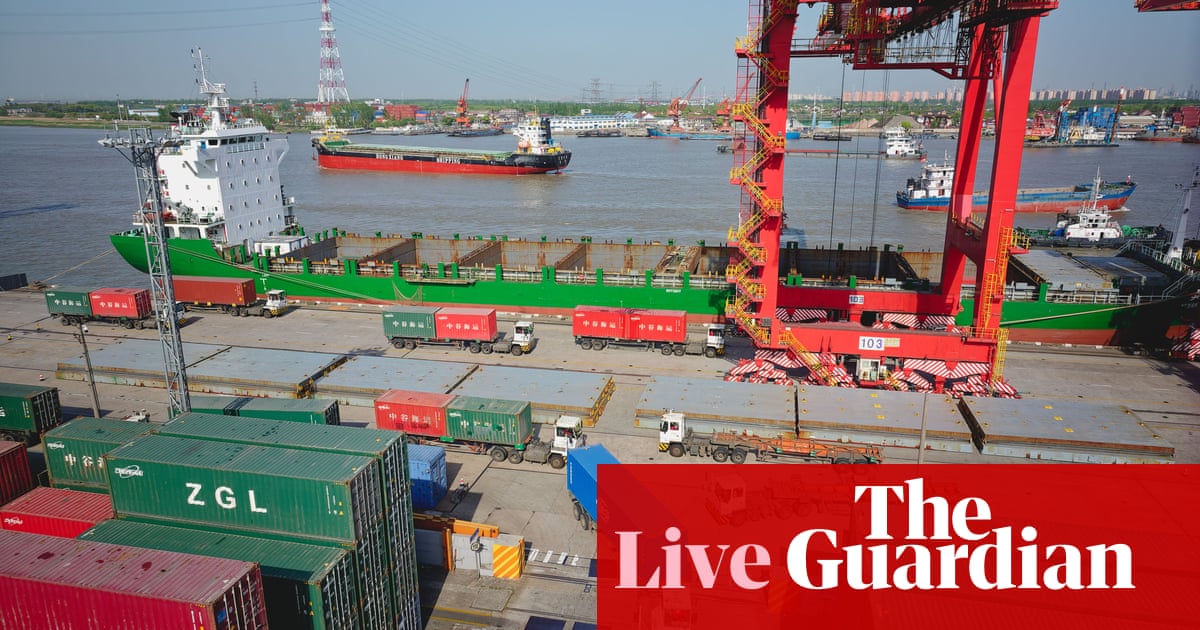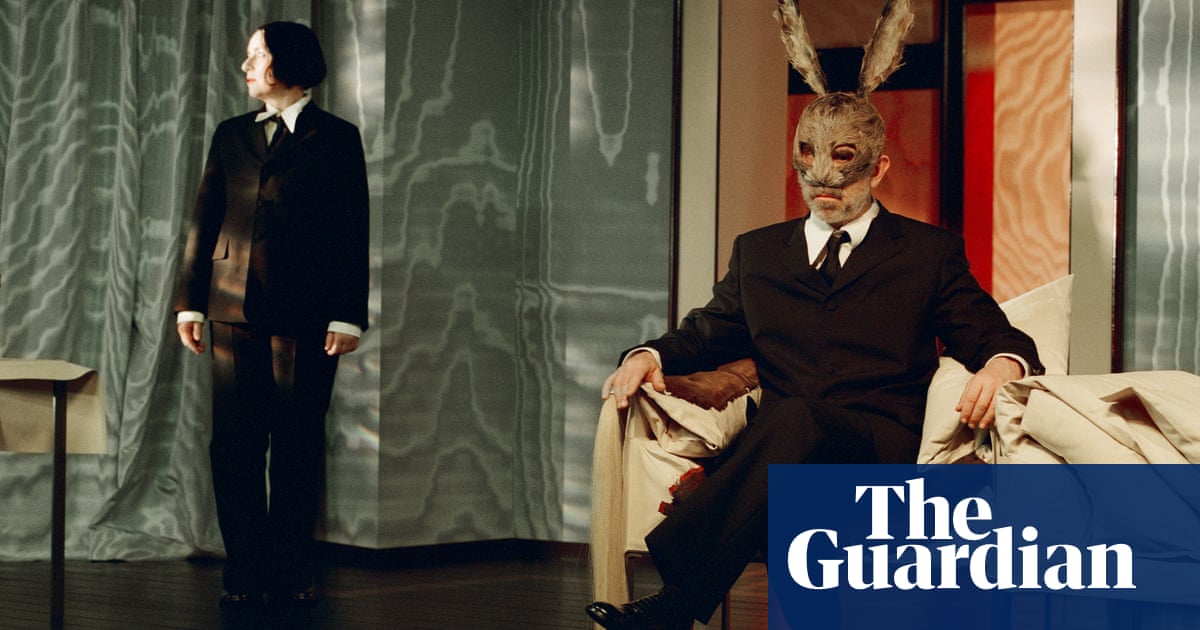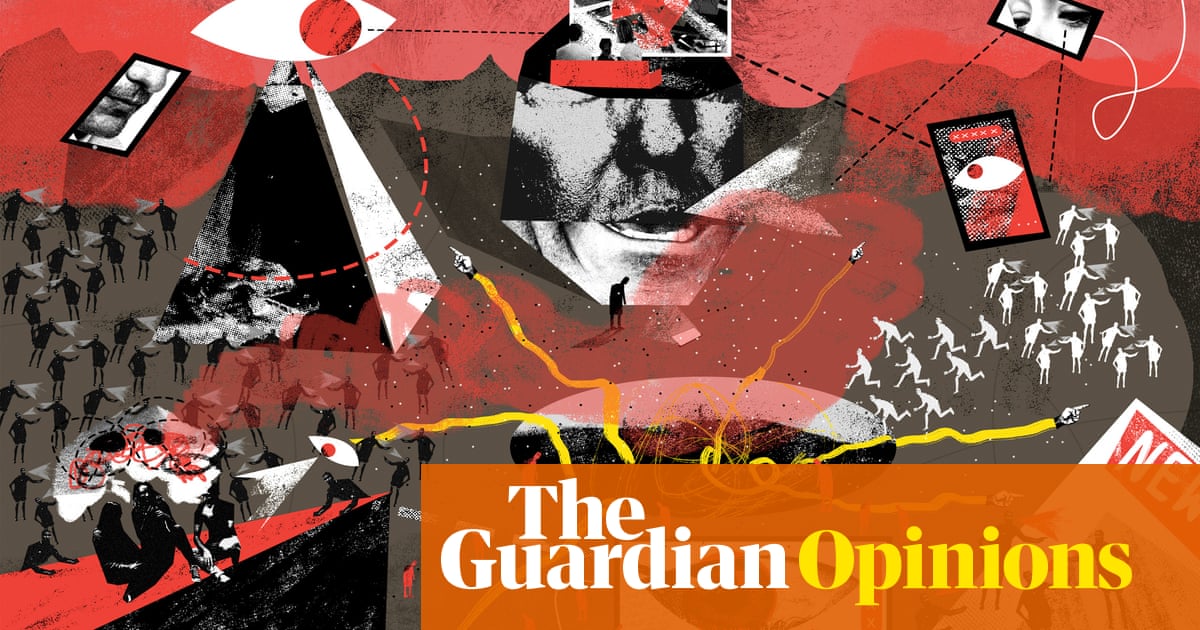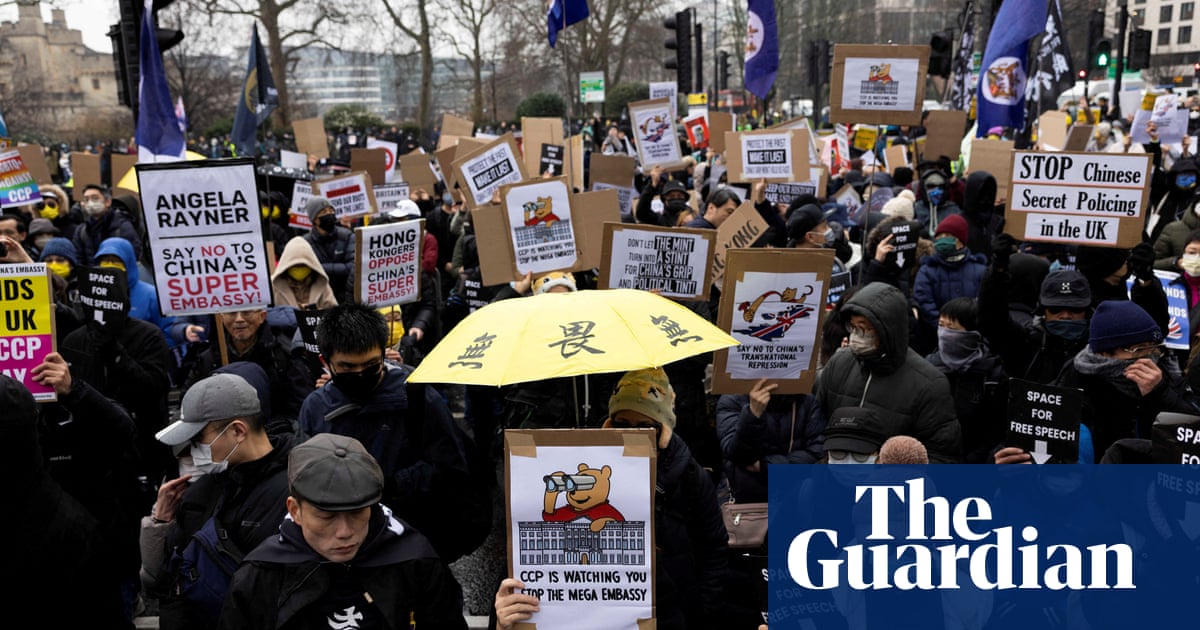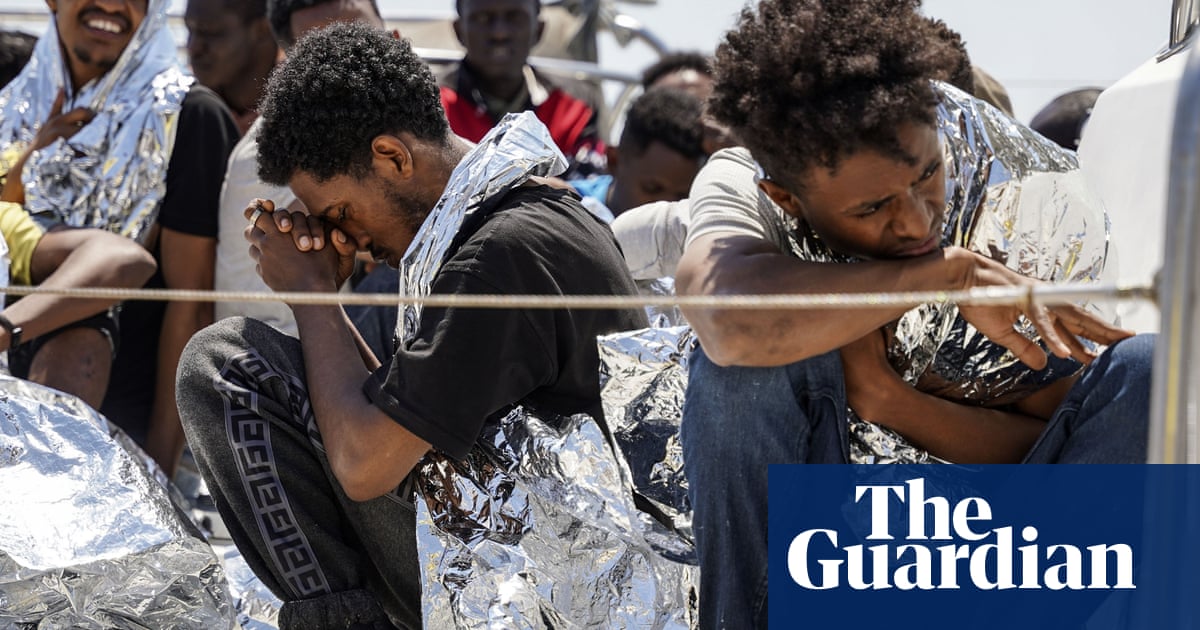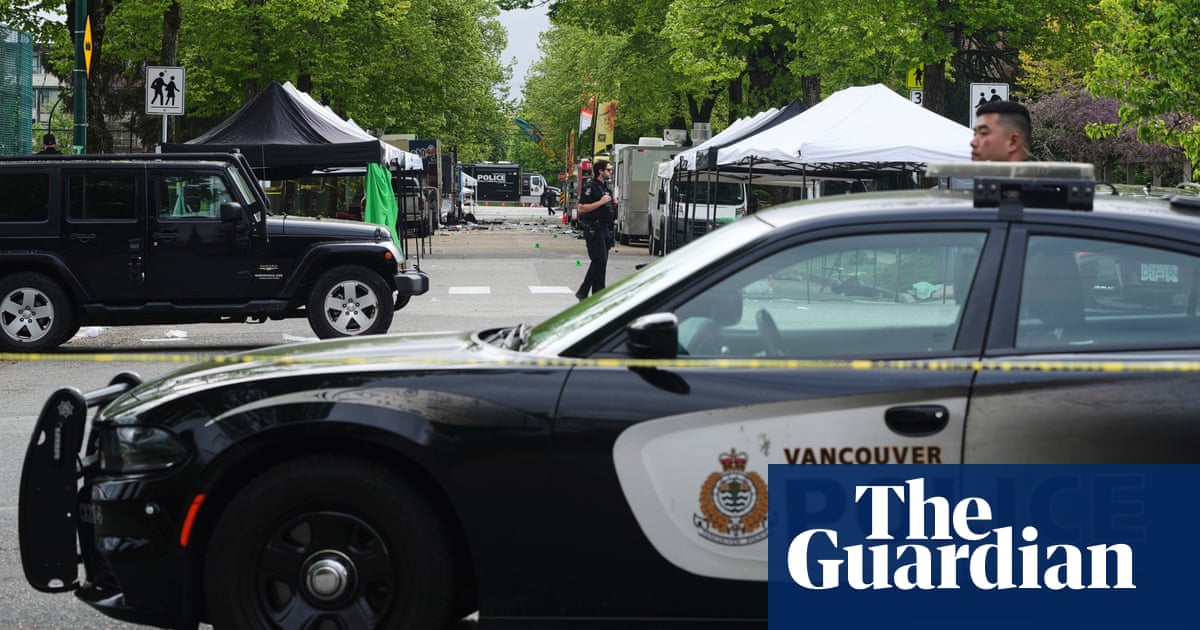Israel conducted an airstrike on a residential neighbourhood of Dahiyeh in the southern suburbs of Beirut on Sunday afternoon despite a November ceasefire that officially ended fighting with the militant group Hezbollah.
Videos showed three bombs hitting a building in Dahiyeh and rescue crews working to extinguish blazes after the blast; however, no casualties were reported. The Israeli military issued an evacuation warning before the bombing, prompting panic as residents fled the area.
A spokesperson for the Israeli army said in a post on X that Israeli warplanes destroyed storage sites housing Hezbollah precision missiles.
The Israeli prime minister, Benjamin Netanyahu, and the defence minister, Israel Katz, said in a joint statement: “Israel will not allow Hezbollah to grow stronger and pose any threat to it – anywhere in Lebanon.”
The Lebanese president, Joseph Aoun, called on the US and France – both partners in the Hezbollah-Israel ceasefire deal – to put pressure on Israel to stop its strikes on Lebanon.
“The ongoing Israeli attacks on Lebanon’s sovereignty and territorial integrity are unacceptable under any pretext,” Aoun said.
Israel’s strikes on the greater Beirut area on Sunday pointed to the fragility of a November ceasefire agreement that put an end to evermore than 13 months of fighting between Israel and Hezbollah. Fighting started after Hezbollah launched rockets at northern Israel on 8 October 2023 “in solidarity” with its ally Hamas’s attack on southern Israel a day earlier.
In late September, Israel launched a ground invasion of southern Lebanon and wide-ranging airstrikes across Lebanon that killed about 3,900 people and displaced almost a million people in Lebanon.
Despite the implementation of the ceasefire, Israel has conducted hundreds of airstrikes across Lebanon since November, which it says are targeting members of Hezbollah or the group’s infrastructure.
Hezbollah has claimed responsibility for one rocket attack in north Israel which it called a “warning shot” since the ceasefire. Two additional rockets were launched at Israel from Lebanon in March, which Lebanese authorities blamed on a separate armed group.
As of yet, Hezbollah has not responded to the near-daily Israeli strikes, instead deferring to the Lebanese state. The capabilities of the group, most of whose senior leadership have been killed over the last two years of fighting, are severely diminished.
Under the terms of the ceasefire deal, Hezbollah is to withdraw and be replaced by the Lebanese army south of the Litani river – about 18 miles from the Israel-Lebanon border – and Israel is to withdraw its troops from south Lebanon. Most Israeli troops have withdrawn from south Lebanon, with the exception of five military points it maintains in Lebanon.
Ceasefire violations in south Lebanon are meant to be referred to an independent committee and addressed by the Lebanese army, but Lebanese officials have complained that Israel is bypassing this process by unilaterally conducting strikes in Lebanon.
The UN special coordinator for Lebanon, Jeanine Hennis-Plasschaert, said Sunday’s strike “generated panic and fear of renewed violence among those desperate for a return to normalcy”.
Since the end of the fighting, Lebanon’s government has worked towards reestablishing a monopoly on arms within the country, under immense US pressure to disarm the group.
Previously, the Iran-backed militia and political party’s resources dwarfed the Lebanese army, and the group dominated domestic politics for the two decades preceding the latest Israel-Hezbollah war.
Hezbollah has said that it is in compliance with the terms of the ceasefire agreement as far as withdrawing from south Lebanon but its leader, Naim Qassem, said in an April speech that the group “will not let anyone disarm it”.

 10 hours ago
9
10 hours ago
9

